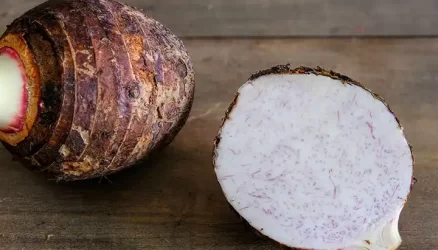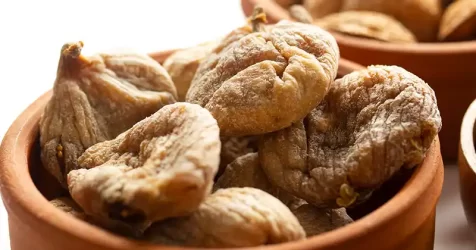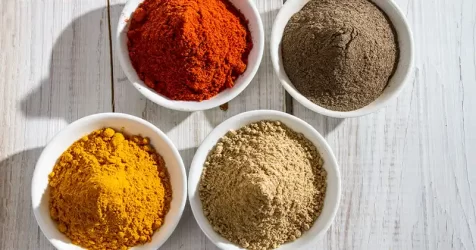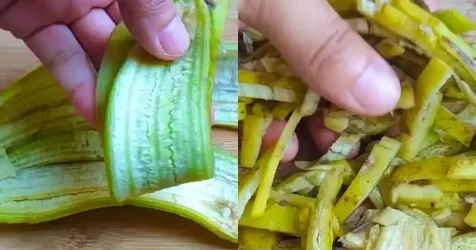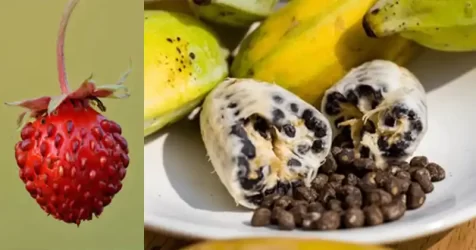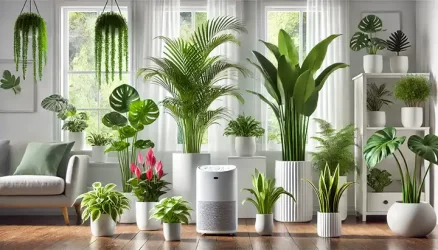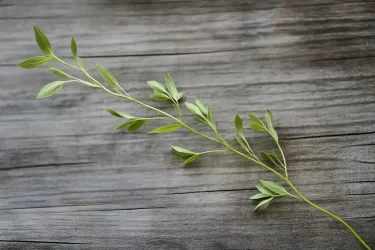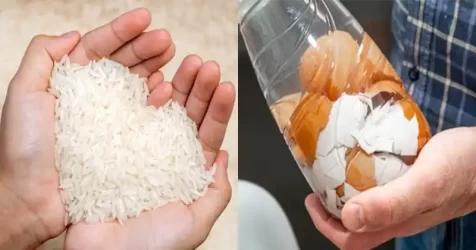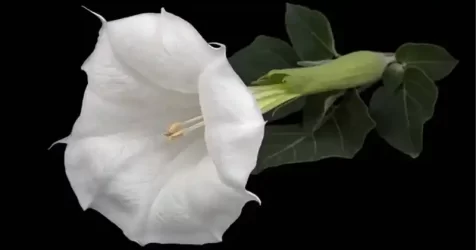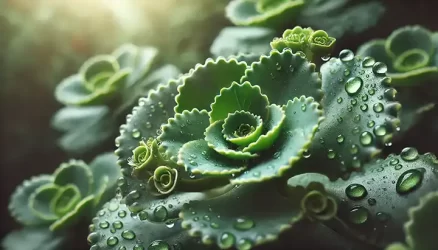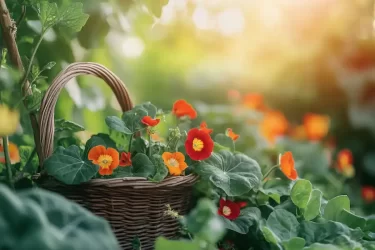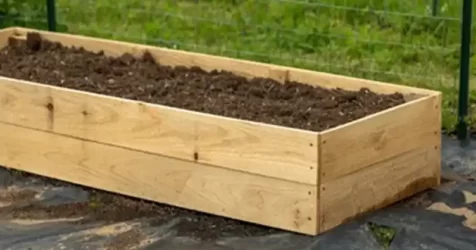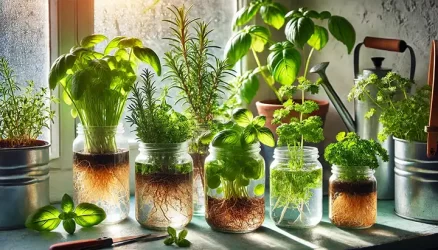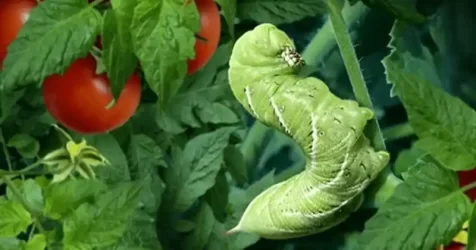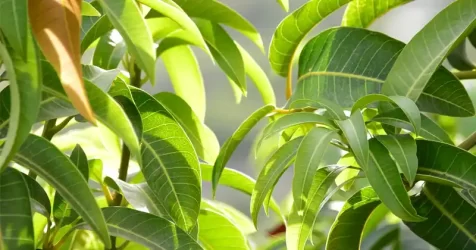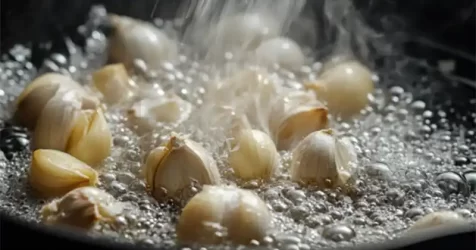Green Thumbs and Greener Choices: 20 Recyclable Items to Enrich Your Garden
In an era where sustainability is more than a buzzword, gardens emerge as sanctuaries of environmental stewardship. Beyond their beauty and bounty, gardens offer a canvas for creative recycling. Herein lies a guide to repurposing common household waste into valuable garden assets, demonstrating that what’s old can indeed nourish the new.
1. Eggshells

Rich in calcium, crushed eggshells can be sprinkled around plants to fortify their growth and deter slugs and snails.
2. Coffee Grounds
Acid-loving plants like tomatoes and blueberries thrive with coffee grounds mixed into their soil, enhancing acidity and nitrogen levels.
3. Newspaper
Layered newspapers serve as an excellent weed barrier or can be shredded to become compost material, decomposing into rich humus.
4. Cardboard
Used as mulch or a weed-suppressing layer under soil or compost, wet cardboard decomposes over time, enriching the soil.
5. Plastic Bottles
Cut and invert plastic bottles to create mini greenhouses for seedlings, or poke holes to transform them into drip irrigation systems.
6. Toilet Paper Rolls
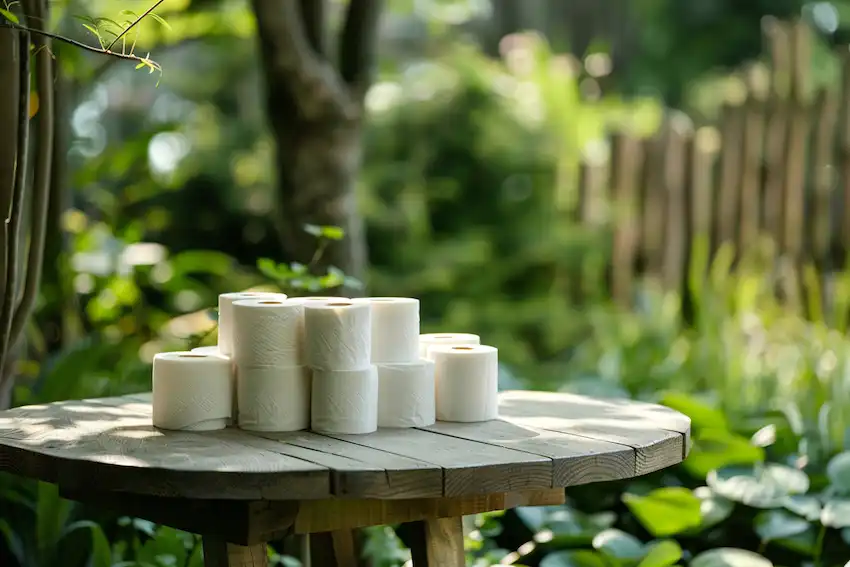
These biodegradable cylinders can be used to start seeds, which can then be planted directly into the soil, minimizing root disturbance.
7. Old Tires
Stacked tires filled with soil can raise garden beds, making an ideal warm environment for growing potatoes or other root vegetables.
8. Wine Corks
Crumbled wine corks can lighten potting mixes or be used as moisture-retaining mulch.
9. Broken Pots
Shattered ceramic pots find new life as drainage layers in larger pots or whimsical garden markers when pieces are written on.
10. Wood Ash
Wood ash from untreated wood can be sprinkled sparingly to increase soil pH and provide potassium and calcium.
11. Tea Bags
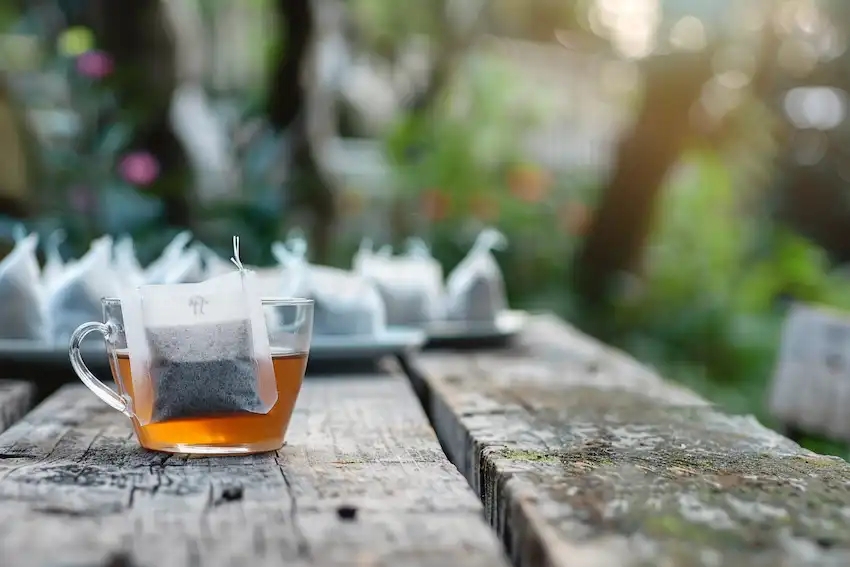
Used tea bags can be buried in the soil to add nutrients and improve soil structure, especially for worms to thrive on.
12. Leaves
Fallen leaves can be collected and composted or used directly as mulch, providing insulation and nutrients as they decompose.
13. Packing Peanuts
Biodegradable packing peanuts can be used to improve drainage in pots without adding extra weight.
14. Old Jeans
Worn-out denim can be repurposed into plant hangers or protective garden kneelers.
15. Plastic Containers
Yogurt cups and other small containers can be repurposed as pots for starting seeds or cut into strips for garden labels.
16. Bathtubs and Sinks
Old bathtubs and sinks can be converted into quirky, large planters, offering ample space for a variety of plants.
17. Glass Jars
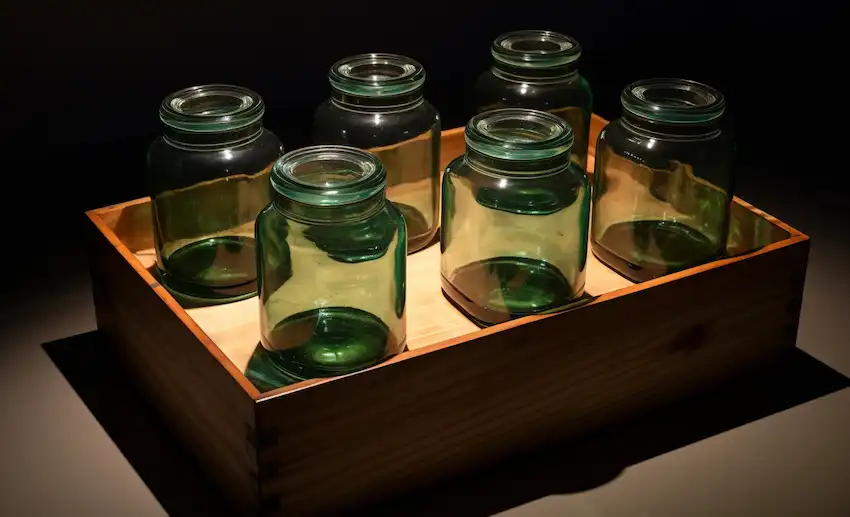
Glass jars can be used to root cuttings or as cloches to protect young plants from pests.
18. CDs and DVDs
Discarded CDs and DVDs can be hung in the garden to scare away birds or cut into reflective pieces for garden art.
19. Aquarium Water
Water from freshwater fish tanks is rich in nitrogen and phosphorus, making it an excellent water source for garden plants.
20. Shredded Paper
Shredded paper can be used as compost material or as a lightweight mulch to retain soil moisture and deter weeds.

Transforming waste into garden wonder not only reflects resourcefulness but also a commitment to Earth’s well-being. Each recycled item diverts waste from landfills and contributes to a cycle of growth, embodying the essence of sustainable living. Through these small acts of recycling, gardens become not just sources of sustenance and beauty but also bastions of environmental responsibility.
